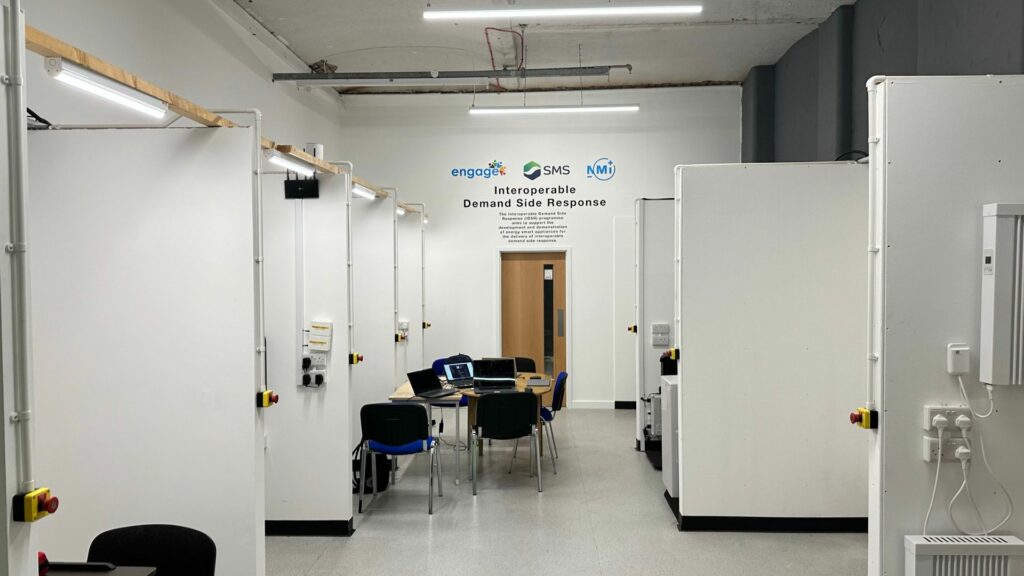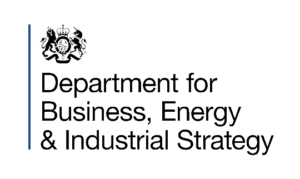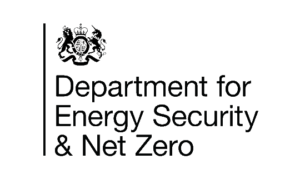Demand Side Response (DSR) Flexibility Services aimed at domestic consumers are in the news. As we hear more about the way that consumers can save – or even make – money by shifting their consumption patterns, it seems that only the wealthy can benefit from DSR.
The news focuses on the sexy tech that is out of reach for many ordinary people, and it may be true that you need deep pockets to invest in behind the meter batteries charged by their solar cells and EV’s capable of flexing demand for a DSR service. Is it fair that only the wealthy can access DSR benefits?
But there is more to flexibility than new technology and the ‘prosumers’ who are first to adopt them.
The Value of Flexibility
DSR flexibility brings value at three levels.
- For consumers: What we get in return when we individually respond to price signals to shift or reduce demand (or have our devices respond for us). Engage is seeing an increasing range of options for rewarding consumers for participating in flexibility; we believe that the nascent flexibility market will become increasingly sophisticated and accessible.
- For the system: Where reduced peak demand will limit the need to invest in expensive infrastructure, and supporting the integration of solar and wind. Flexibility will enable the Electricity System Operator to manage supply and demand more efficiently and make better use of renewables and stored electricity to avoid curtailment.
- For society: the changes brought about by consumer behaviour that support our aspirations on climate and Net Zero bring broader benefits to society as a whole. Engage believes that all consumers benefit from the system being more efficient, and it doesn’t need all consumers to be involved or to have deep pockets for these to be realised.
The Government’s ‘Delivering a Smart and Secure Electricity System’ document notes that flexibility will be key in limiting the increase in generation and network capacity needed for the electrification of transport, heat and industrial processes. The Smart Systems Flexibility Plan (SSFP) estimates that based on 2020 electricity prices, this could save up to £10 billion per year in 2050.
Similarly, the Demand Flexibility Service (DFS), introduced in the Winter of 2022/2023 and with over 1.6m households and businesses participating, provided around 350MW of flexibility to the ESO.
Savings like this (at a much lower value) will already be accruing today, shared across all three categories above.
The Government is already working to ensure that DSR Flexibility does not leave low-income households behind, and initiatives like National Grid’s Demand Flexibility Service, which can be managed via your energy supplier (if they participate in the service) or independent technology companies, such as Equiwatts. But remember, those who have already invested have done so at a significant up-front cost, so the early benefits they enjoy are simply paying back that investment. Also, their early participation in flexibility benefits even those who can’t yet afford to play an active role.
As the cost of low carbon technology falls, its adoption will accelerate, more of us will be able to engage directly in DSR, and the scale of benefits hoped for across the system and society will be closer to realisation.
How can we help?
At Engage, we have a team of expert consultants with extensive experience in the energy sector Market Arrangements and the challenges that changes in these have on your business. We have the experience, expertise, and commitment to help you succeed, and we are working with clients today who are investing in Engage to realise the benefits on offer to them. Contact us today to learn more about how we can help you manage the DSR Flexibility opportunities.


















